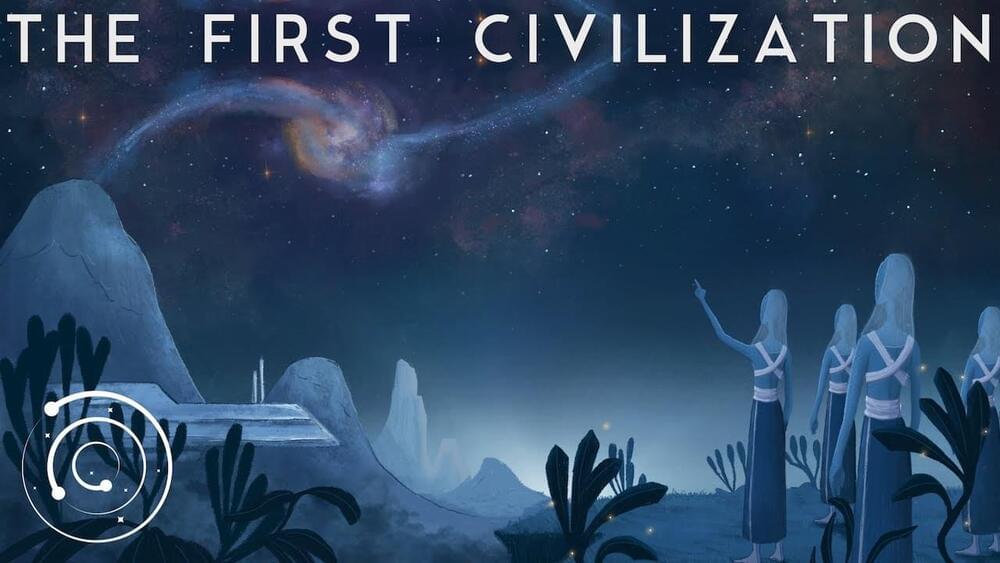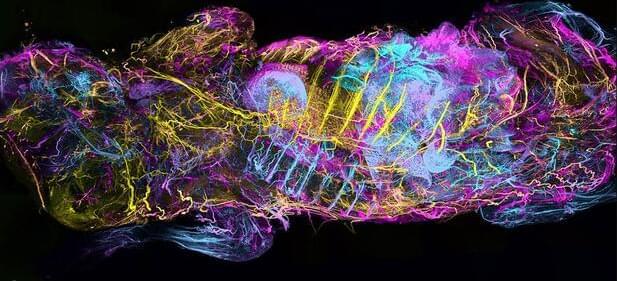The Galaxy is approximately 13 billion years old, which makes one wonder — just how many civilizations could have come and gone across that ocean of time? Today, we try something a little bit different for this channel, and imagine when and how the first civilization could have lived. The story is a fiction, but it provides a narrative around which we can more viscerally experience the conditions of the early cosmos, and the fragility of life itself.
Written & presented by Prof David Kipping.
→ Support our research program: https://www.coolworldslab.com/support.
→ Get Stash here! https://teespring.com/stores/cool-worlds-store.
I’ll be speaking at RAND in Santa Monica, March 7th, on the future of space exploration, registration link here: https://www.rand.org/events/2022/03/7-8.html.
THANK-YOU to our supporters D. Smith, M. Sloan, L. Sanborn, C. Bottaccini, D. Daughaday, A. Jones, S. Brownlee, G. Fulton, N. Kildal, M. Lijoi, Z. Star, E. West, T. Zanjonc, C. Wolfred, F. Rebolledo, L. Skov, E. Wilson, A. de Vaal, M. Elliott, B. Daniluk, M. Forbes, S. Vystoropskyi, S. Lee, Z. Danielson, C. Fitzgerald, V. Alexandrov, L. Macchia, C. Souter, M. Gillette, T. Jeffcoat, H. Jensen, F. Linker, J. Rockett, N. Fredrickson, B. Mlazgar, D. Holland, J. Alexander, E. Hanway, J. Molnar, D. Murphree, S. Hannum, T. Donkin, K. Myers, A. Schoen, K. Dabrowski, J. Black, R. Ramezankhani, J. Armstrong, K. Weber, S. Marks, L. Robinson, F. van Exter, S. Roulier, B. Smith, P. Masterson, R. Sievers, G. Canterbury, J. Kill, J. Cassese, J. Kruger, S. Way, P. Finch, S. Applegate, L. Watson, T. Wheeler, E. Zahnle, N. Gebben, B. Weaver, E. Simonson, M. Murru, M. Shea, P. Finch, R. Boots, S. Applegate, L. Watson, S. Netherclift T. Wheeler T. West A. West H. Kissick, C. MacPherson, D. Bayless, D. Rolfe, E. Zahnle & G. Bolloten.
::Music::









